- Home
- Past Conferences
- Genome Regulation through RNA Conference
Genome Regulation through RNA Conference
#Genreg24
11 Feb - 14 Feb 2024
Cancun, Mexico
-
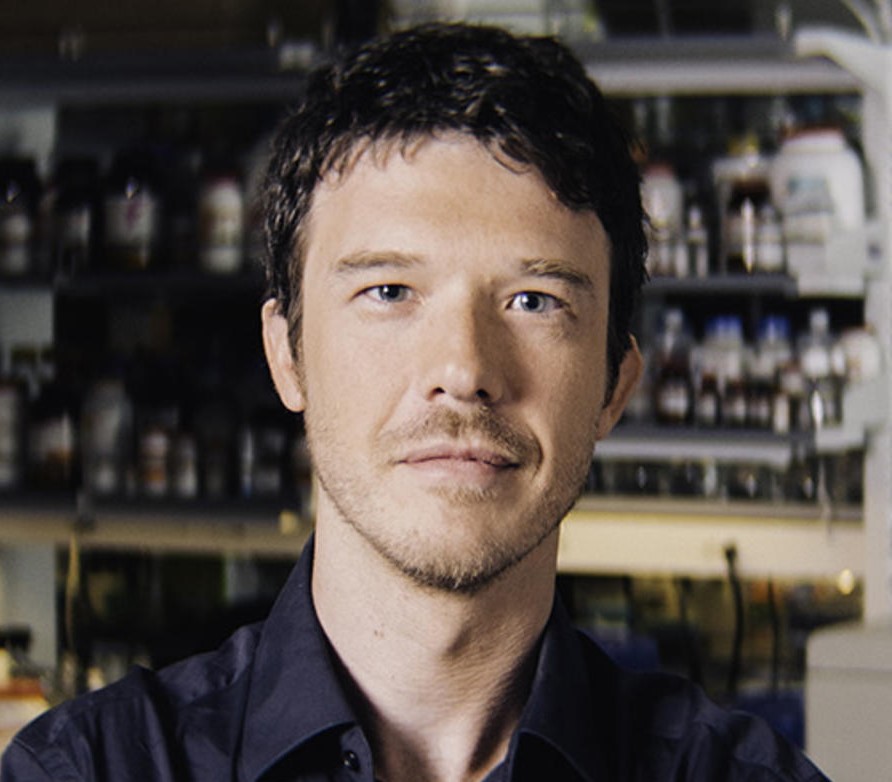
Alessandro Gardini
The Wistar Institute
-
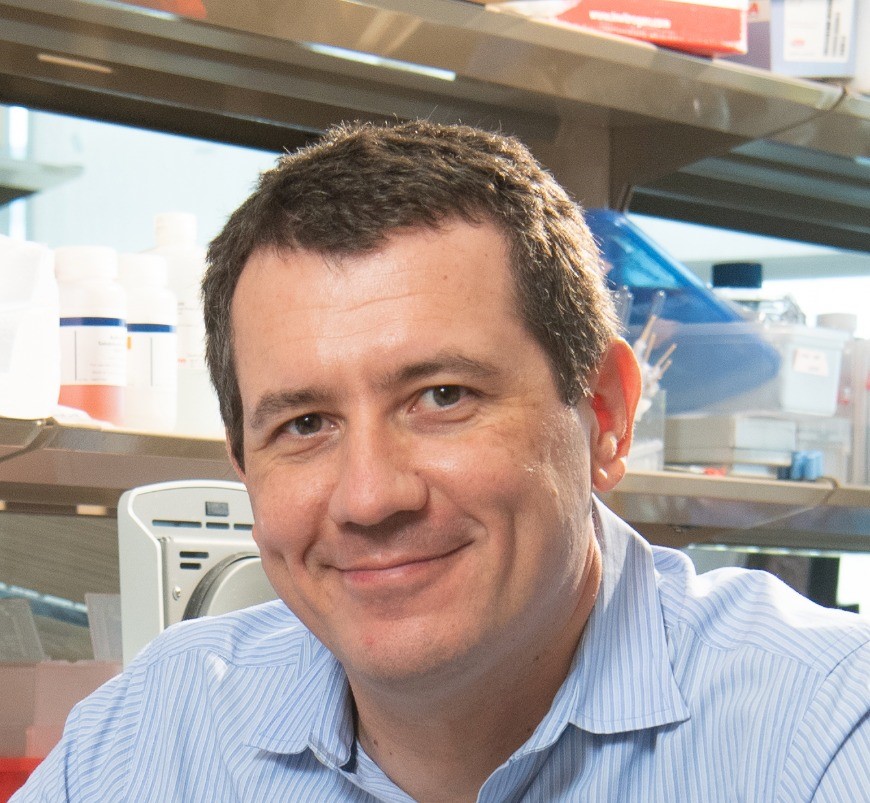
Roberto Bonasio
University of Pennsylvania
-

Kavitha Sarma
The Wistar Institute
Early Bird - Expired • Talk Submission - Expired • Poster Submission - Expired • Registration & Payment Deadline - Expired
Synopsis
The conference program covers how RNA and RNA-dependent machineries govern chromatin landscape, gene expression, and genome architecture during development, homeostasis, and in response to cellular stress. This conference prioritises high-throughput and systems biology approaches that convey new mechanistic insights into genome regulation and will also highlight emerging methods/technology that will propel the field forward in the coming years.
RNA has rapidly evolved from bystander to master orchestrator of several biological processes that take place in the nucleus. In fact, the key molecular machineries regulating gene expression and chromatin accessibility (Polycomb, Mediator, SWI/SNF, Integrator, spliceosome) are dependent on RNA for selecting their targets and for their processivity. Additionally, RNA-containing chromatin structures, such as R-loops, have now emerged as a fixture of mammalian genomes and are implicated in gene regulation, spatial chromosome organisation and genome stability. In essence, RNA-dependent molecular machineries and RNA-DNA chromatin structures underlie transcriptional regulation and epigenetic reprogramming across all developmental processes and ensure the overall integrity of the human genome.
This conference provides a platform for cross-fertilization between a heterogeneous set of scientific communities encompassing RNA biology, epigenetics, DNA repair, transcription, genetics, and genome engineering. The majority of talks will be selected from submitted abstracts.
Session Themes:
- Biogenesis of noncoding RNAs and their role in genome regulation
- R-loops modulation and function
- From start to finish: regulation of transcriptional machineries by RNA
- RNA-dependent epigenetic modulation
- New genomic technologies
- Emerging roles of RNA in genome integrity
- RNA-mediated phase separation
- Functional implications of RNA modifications
- Transcribed repetitive DNA elements
Student Offer
Take advantage of this fantastic opportunity for students! Fully paying 'single' or 'shared' registrants can bring a student for only $960. Unfortunately, Postdocs are not eligible. Both registration packages include; accommodation for the 11, 12, 13 Feb 2024 (on a shared basis for students) and a food and beverage package for the conference period. Once registered, please contact Shannon to obtain a special registration link for your student.
Confirmed Speakers
Roberto Bonasio (University of Pennsylvania)
Marc Buhler (Freidrich Meischer Institute for Biomedical Research)
SEQUENCE-SPECIFIC TARGETING OF CHROMATIN REGULATORS
Howard Chang (Stanford University)
GENOME REGULATION BY LONG NONCODING RNAs
Stirling Churchman (Harvard Medical School)
THE MANY LIFE CYCLES OF RNA
Karlene Cimprich (Stanford University)
RNA MEETS DNA: DANGEROUS LIASONS IN THE GENOME
Alessandro Gardini (The Wistar Institute)
Mitchell Guttman (Caltech)
Richard Jenner (University College London)
THE EFFECTS OF RNA ON PRC2 AND OTHER CHROMATIN REGULATORS
Jeannie Lee (Massachusetts General Hospital)
Joshua Mendell (UT Southwestern)
NEW FUNCTIONS AND REGULATORS OF NONCODING RNAS IN MAMMALS
Kate Meyer (Duke University)
m6A-MEDIATED CONTROL OF GENE EXPRESSION
Danesh Moazed (Harvard University)
Oliver Rando (University of Massachusetts)
Raffaella Santoro (University of Zurich)
REGULATION OF CHROMATIN COMPARTMENTS BY RNA AND RNA-BINDING PROTEINS
Kavitha Sarma (The Wistar Institute)
Ramin Shiekhattar (University of Miami)
INTEGRATOR COMPLEX SHAPES THE MAMMALIAN TRANSCRIPTOME LANDSCAPE
Igor Ulitsky (Weizmann Institute)
GENOME REGULATION BY CIS-ACTING LONG NONCODING RNAs
Joanna Wysocka (Stanford University)
Target Audience
We target a broad and diverse panel of scientists (from both academia and industry) with a core interest in RNA biology, epigenetics, DNA repair, transcription, genetics, or genome engineering. We plan to draw the majority of talks from submitted abstracts, with an emphasis on junior investigators that have been missing adequate platforms to promote their scientific ideas during the pandemic. We would also like to promote this conference among under-represented groups in science and, to that regard, we would like to partner with external sponsors and offer trainee travel fellowships to foster attendance.
Educational Need
Scientists interested in genome regulation and RNA-based mechanisms in biology are often partitioned into different sub-fields and lack opportunities to exchange ideas and foster collaborative projects. This conference provides attendees with a unique opportunity to interact with a varied scientific community.
Confirmed Speakers
Chairs

Alessandro Gardini
The Wistar Institute

Roberto Bonasio
University of Pennsylvania

Kavitha Sarma
The Wistar Institute
Invited Speakers

Marc Buehler
Freidrich Meischer Institute for Biomedical Research

Howard Chang
Stanford University
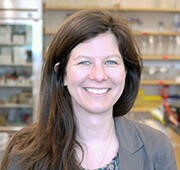
Stirling Churchman
Harvard Medical School

Karlene Cimprich
Stanford University

Mitchell Guttman
Caltech

Richard Jenner
University College London

Jeannie Lee
Massachusetts General Hospital
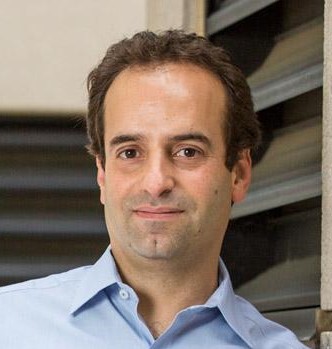
Joshua Mendell
UT Southwestern

Kate Meyer
Duke University
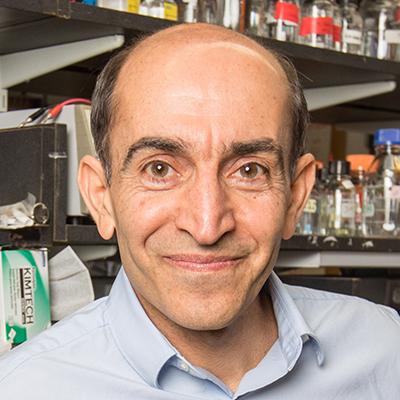
Danesh Moazed
Harvard University

Oliver Rando
University of Massachusetts

Raffaella Santoro
University of Zurich

Ramin Shiekhattar
University of Miami

Igor Ulitsky
Weizmann Institute

Joanna Wysocka
Stanford University
Short Talks

Montserrat Anguera
University of Pennsylvania
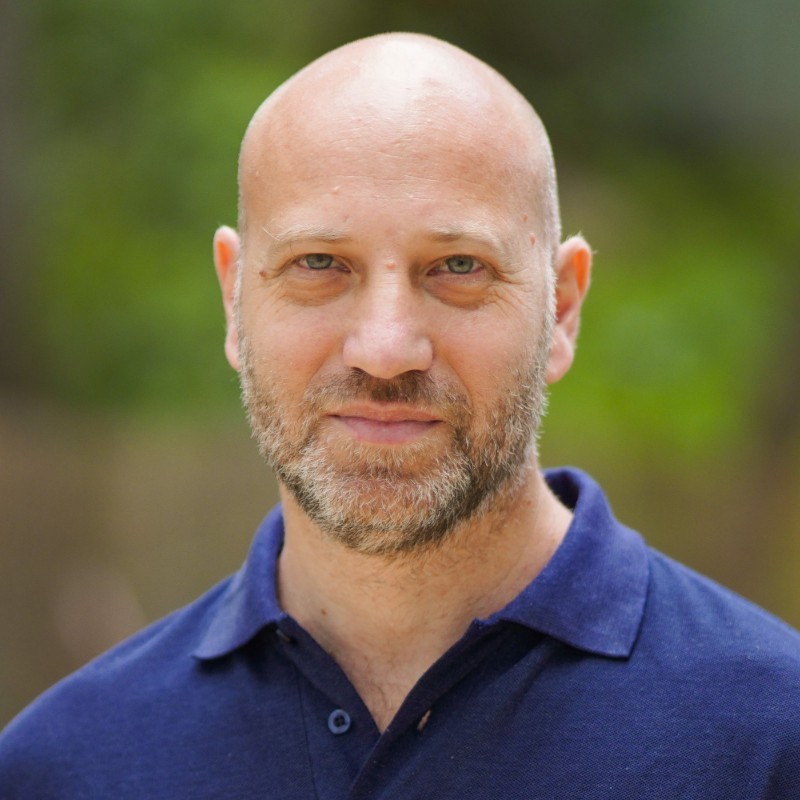
Assaf Bester
Technion - Israel Institute of Technology

Colin Conine
University of Pennsylvania

Chen Davidovich
Monash University
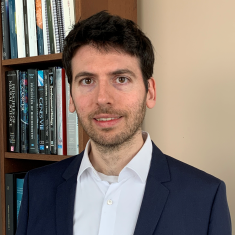
Thomas Gonatopoulos Pournatzis
NIH

Jonathan Henninger
Carnegie Mellon University

Tae-Kyung Kim
POSHTECH Life Sciences

Shannon Lauberth
Northwestern University

Yael Mandel-Gutfreund
Technion - Israel Institute of Technology
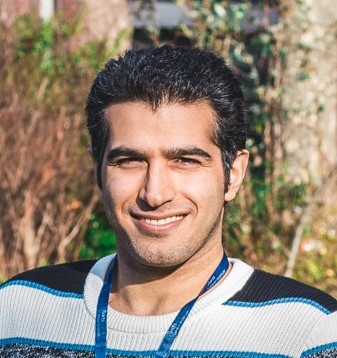
Faraz Mardakheh
Barts Cancer Institute
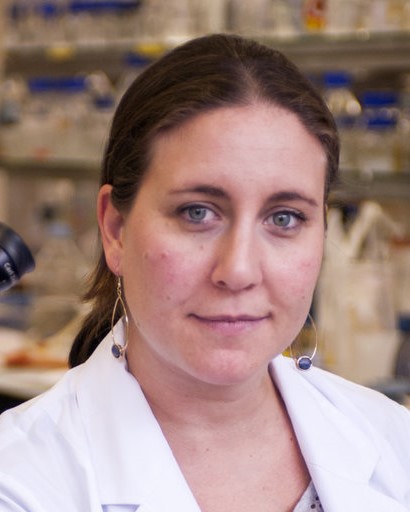
Anna Mattout
CBI Toulouse

Aditya Mojumdar
University of Victoria

Miguel Ramalho-Santos
Lunenfeld - Tanenbaum Research Institute

Serena Sanulli
Stanford University

David Shechner
University of Washington

Ning Tsao
Washington University

Ching-Shyi Wu
National Taiwan University

Tao Wu
Baylor College of Medicine
Programme
Although the below programme is the most up to date version, please note it is still a draft copy and is subject to change. We will continue to upload the latest version here, and circulate a final copy to all participants in the weeks before the meeting.
Supported by
Interested in sponsoring this conference?
Contact usVenue & Location
Fiesta Americana Condesa Cancun All Inclusive
This stylish hotel features contemporary Mexican architecture, including one of the largest and most impressive thatched-roof "palapas" in the entire country. There are cultural activities, arts and crafts and sports programs to keep you constantly entertained, plus time to relax and enjoy the Mayan culture, soak up the Caribbean sunshine and revel in the international ambiance that settles in after the sun goes down.
Throughout your stay delegates will enjoy a full meal plan, inclusive of beverages. Take your pick from the aromatic Asian delights at Kaumbu, traditional fare at El Mexicano, delicious international cuisine at Kalmia Buffet or perhaps sample the sumptuous Italian dishes at Rosato. There are also several other dining opportunities such as the Cevichería, Pizzeria, Sushi Corner, pool and lounge bar areas. The Gala Night with either a Mayan or Caribbean theme takes place on the third evening of the conference with a mouth-watering feast of local cuisine, an open bar and amazing local entertainment. We welcome all delegates and their accompanying persons to the Gala Night – a truly fun filled night not to be missed!
Hotel facilities include a lagoon pool, gym, spa, complimentary WIFI throughout the hotel, convenince store, kids club, room service, laundry services (with extra charge) and beach.
General Information
Venue Rating
★ ★ ★ ★ ★
Currency
US Dollar (USD)
Address
Fiesta Americana Condesa Cancún All Inclusive Blvd. Kukulcan km 16.5 Zona Hotelera 77500 Cancun Q.R. Mexico
Nearest Airport
Cancun International Airport
Location
Cancun is a delightful combination of natural beauty, islands, ecological reserves and white sandy beaches. However, besides sun, sand and sea, this destination also offers an infinite variety of underwater activities to choose from: the diving, snorkelling and fishing here are outstanding and you will find an undersea world packed with tropical fish that live on the second largest barrier reef in the world. Sports enthusiasts might choose one of the many eco-tourism activities, such as cycling or hiking through the tropical forest or kayaking through mangroves, or something a little more adventuresome, like zip lining through the treetops.
Apart from the more well-known ancient Mayan archealogical sites such as Tulum, Cobá and Chichén Itzá you may like to visit the Aktun Chen caverns, voted one of the Top 10 underwater walks by National Geographic described as a truly magical experience.
Gallery
If you are interested in this meeting but not yet ready to register, you can sign up for updates here and our team will keep you updated regarding deadline reminders and grant opportunities relating to this meeting only.
If you're interested in sponsoring this conference please contact us.
Conference Manager

Shannon Elsden


Need some help? Chat to the Fusion team today
As a family run business, our dedication runs deep. We’re committed to each other and, even more so, to every attendee’s experience, delivering a level of care and passion that’s truly unmatched.






















































